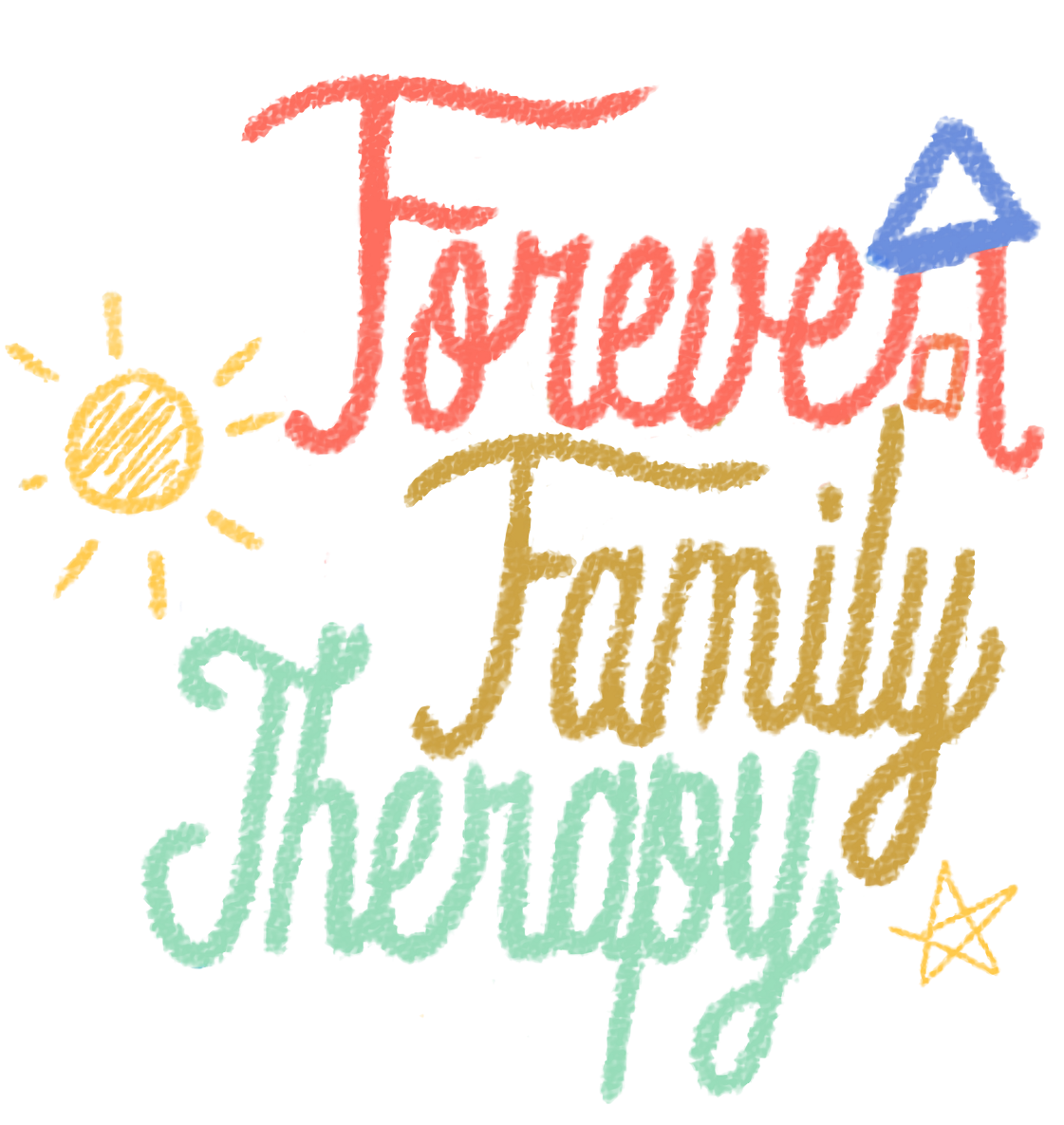There is something about January 1st that allows the mind to entertain the possibility of a “fresh start”. We’re all familiar with the nomenclature of “new year, new you”. We often place our best intention upon a goal we’ve set for ourselves, our families or our careers. We’re also familiar with backsliding, with falling into old habits we once were determined to never repeat, with surrendering our intention to the reality of our situation. In short, change is hard.
Despite the fact that with each day change is possible change is hard. Despite the fact that change is inevitable, change is hard. This year, my family experienced considerable change. My partner and I became foster parents. Two months later we had our first baby. Our budget, routines, moods, energy levels, schedules and everything in between changed. Some of this change was absolutely intentional and seemingly “easy” to adjust to while other forms of change were inevitable and we had to surrender to and accept them; the change was happening whether we liked it or not. And this is the nature of change.
We know change is going to happen, yet something about it may feel foreign, intimidating, unfair, unexpected or out of sync. For those of us who have children who have lived through an almost two year pandemic, it’s been impossible to escape change in essentially each part of their lives. School transitioned to an online platform, “socializing” became distanced (if it occurred at all), sanitizing became an entirely too involved different process and oftentimes the culture of the family was dictated by infection rate numbers and outbreaks. With these changes in the world came profound changes to mental health.
From a Therapist’s perspective, our team saw a huge influx in the daily experience of anxiety. Children who were once emotionally balanced and developing appropriately began to feel panic while being in public, fear of being responsible for getting others sick and claustrophobia from the constant task of wearing a mask. The average school day became an enormous feat, a trip to the grocery store felt unattainable. These changes were inevitable, but also highly unanticipated. These changes left parents feeling unfamiliar with how to provide comfort and guidance to their children. These changes created feelings of isolation and desperation many hadn’t experienced before. These changes filled our team Therapist’s case loads and waitlist with hurting children and caregivers, which also brought beautiful opportunities for us as helping professionals to aid in the process of healing wounds and creating a new normal.
As the pandemic and all of it’s cultural complexities continues into the 2022 year the question of “what now?” arises. What can we plan to change when many of our realities are dictated by external circumstances? If you’re caught up in the unhelpful thoughts of: there’s nothing I can do to change the upcoming year, change myself or help elicit changes in my family, you are not alone in this way of thinking. As I said earlier, some of us have bruised and battered mental health from what the last 18 months has brought us. But there may be a potential for change that you have a say in.
Something I teach many teenagers I get to work with is the thinking skill of determining what is in our control and the emotional skill of what is within our capacity. I believe these can be taught to children of all ages with different wording based on the child’s developmental level. Whenever we face a problem we must determine if the situation is changeable based on us having control over it. Is this a problem or an issue we can change by action or effort? If yes, we do have some form of control and can choose to act. If not, we don’t have control and we must begin the practice of radically accepting this reality (which is absolutely difficult to do and a separate blog post in itself). If a person does have some control over the situation, then we must determine if we have the capacity to act. Do we have the resources, energy, desire and support necessary to create change in the given situation? Would pursuing this change be emotionally or mentally helpful or hurtful? If the answer is that more hurt or damage would be caused then it is not within our emotional capacity.
Sometimes our exhaustion has grown to where the only thing we can do or need to do is rest. We may have the will to make a change, but we must first find the right person or resource to help us get there. To make meaningful change we must have the ability to create change (control) as well as the emotional ability to do so (capacity). As this new year (and each day) offers renewed opportunity for us to do or be something we consider better or different, it also requires reflection of where we are in this moment with the choice to accept ourselves, our children or our situation just as they are and rest in that truth.
In short, whatever change you may pursue in this upcoming season please know that, as you are right now, is worthy. You are deserving and you are capable. I encourage the practice of self-compassion in any journey that involves looking inward, exploring and pursuing change as this requires bravery and vulnerability; ultimately the most difficult ingredients in the process of eliciting change.
Best wishes to whatever this year may bring.
-Téleah Ringhand, LCSW

